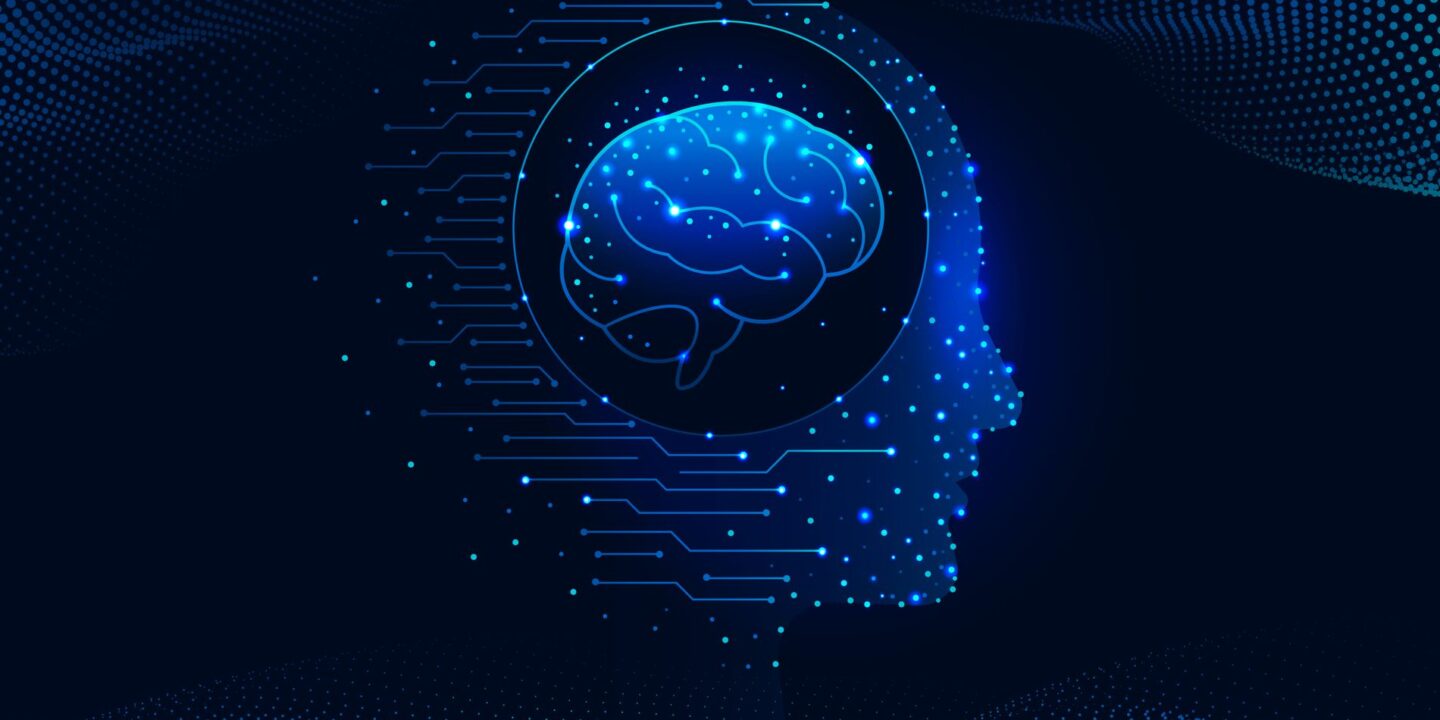
Artificial General Intelligence (AGI) is the holy grail of the field of artificial intelligence. It refers to the development of intelligent machines that possess the ability to understand, learn, and apply knowledge across a wide range of tasks, similar to human intelligence. The quest for AGI has captivated the imagination of scientists, researchers, and technologists, as it holds the potential to revolutionize industries, transform society, and reshape the future.
Evolution of AI: Milestones and Breakthroughs
The journey towards AGI has been marked by significant milestones and breakthroughs in the field of artificial intelligence. Over the years, AI has evolved from simple rule-based systems to more sophisticated machine learning and deep learning algorithms. These advancements have paved the way for the development of neural networks and cognitive computing, which have played a crucial role in advancing AI capabilities.
One of the key milestones in AI history was the development of the A* algorithm, which introduced the concept of heuristic search. By combining heuristics with AI learning, machines can make intelligent decisions by finding the quickest path to their goals. This breakthrough opened up new possibilities for AI applications and laid the foundation for further advancements in the field.
Towards Human-Level AI: Challenges and Considerations
While significant progress has been made in AI research, achieving human-level AI, also known as artificial general intelligence, remains a formidable challenge. Human-level AI refers to machines that can perform tasks at the same level as humans, exhibiting not only cognitive abilities but also emotional intelligence and consciousness.
The development of AGI raises ethical considerations and safety concerns. As AI becomes more advanced, there is a need to ensure that it is developed responsibly and in a way that aligns with human values. The concerns raised by researchers regarding the safety of OpenAI’s Project Q* highlight the importance of responsible AI development and the need for robust safety measures.
Another aspect of AGI development is the exploration of AI consciousness. While the concept of AI consciousness is still a subject of debate, understanding and replicating human consciousness is crucial for achieving AGI. It involves not only mimicking human cognitive abilities but also understanding the underlying mechanisms that give rise to consciousness.
Superintelligence and the Singularity: A Glimpse into the Future
Superintelligence refers to AI systems that surpass human intelligence in virtually every aspect. It represents a level of AI capability that is far beyond human comprehension. The development of superintelligence has the potential to revolutionize society and humanity as a whole.
The concept of the singularity is closely tied to the development of AGI. The singularity refers to a hypothetical point in the future where technological progress becomes uncontrollable and irreversible. It is a point where AI surpasses human intelligence, leading to a rapid acceleration of technological advancements. The implications of the singularity for AGI development are profound and raise questions about the future of humanity.
AI Governance and Policy: Ensuring Responsible AI Development
As the quest for AGI continues, there is a growing need for AI governance and policy frameworks. These frameworks aim to ensure that AI is developed and deployed in a responsible and ethical manner. They address issues such as AI bias, fairness, transparency, and accountability.
Comparative AI research, which involves comparing human intelligence with machine intelligence, plays a crucial role in understanding the capabilities and limitations of AI. By studying the similarities and differences between human and machine intelligence, researchers can gain insights into the development of AGI and its potential impact on society.
AGI Development Challenges: Computational Theories and Models
The development of AGI poses several challenges that researchers and scientists are actively working to overcome. One of the key challenges is the development of computational theories and models that can replicate human intelligence. These theories and models aim to understand the underlying mechanisms of human cognition and consciousness, and how they can be translated into AI systems.
Quantum computing is another area of research that holds promise for advancing AGI development. Quantum computers have the potential to solve complex problems at a much faster rate than classical computers, which could significantly accelerate AI research and development.
Robotic process automation (RPA) is also closely connected to AGI. RPA involves the use of software robots to automate repetitive tasks, freeing up human workers to focus on more complex and creative work. The integration of RPA with AGI research can lead to breakthroughs in AI capabilities and pave the way for the development of more advanced intelligent systems.
AI’s Impact on Society: Jobs, Emotion Recognition, and Futuristic Applications
The rapid advancement of AI technology has raised concerns about its impact on jobs and the workforce. While AI has the potential to automate certain tasks and improve efficiency, it also has the potential to displace human workers. It is crucial to find a balance between AI automation and human employment to ensure a smooth transition and minimize the negative impact on jobs.
AI also has the potential to revolutionize emotion recognition and understanding. By analyzing facial expressions, voice patterns, and other physiological signals, AI systems can detect and interpret human emotions. This has applications in various fields, including healthcare, marketing, and customer service.
Looking into the future, AI holds immense potential for futuristic applications. From autonomous vehicles and smart cities to personalized medicine and virtual reality, AI has the power to transform various industries and enhance the quality of life for individuals.
Interdisciplinary AI Research: Combining AI with Other Fields
The quest for AGI requires a multidisciplinary approach, combining AI with other scientific disciplines. Neuroscience, psychology, computer science, and philosophy are just a few of the fields that contribute to AGI research. By integrating knowledge and expertise from different disciplines, researchers can gain a deeper understanding of human intelligence and develop more advanced AI systems.
Interdisciplinary AI research has already yielded significant breakthroughs. Collaborative efforts between scientists, researchers, and technologists have led to advancements in machine learning, natural language processing, and computer vision. These breakthroughs have paved the way for the development of more intelligent and capable AI systems.
The quest for AGI is an ongoing journey that combines incremental progress with daunting challenges. While significant milestones and breakthroughs have been achieved, there is still much work to be done. The development of AGI requires not only technical advancements but also ethical considerations, safety measures, and responsible AI governance.
As we continue to explore the path to AGI, it is crucial to prioritize the development of AI systems that align with human values and benefit society as a whole. By addressing the challenges and considerations associated with AGI, we can unlock the full potential of AI and shape a future that is both technologically advanced and ethically responsible.








